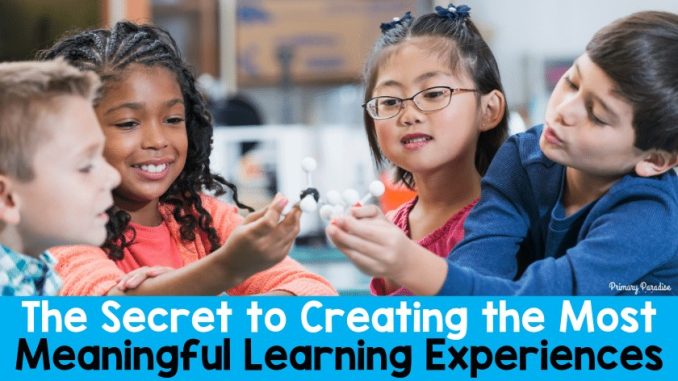
Making your education meaningful begins with understanding that learning is not just about acquiring credentials—it’s about cultivating insight, developing skills, and shaping the way you engage with the world. In academic environments, it’s easy to become preoccupied with grades, deadlines, and external validation. But when education is approached with intention and curiosity, it becomes a transformative experience. It shifts from a transactional process to a personal journey, one that prepares you not just for exams, but for life’s complexities and opportunities.
The first step toward meaningful education is connecting what you learn to what you care about. When your studies align with your values, interests, or long-term goals, the material becomes more engaging and relevant. A student studying economics might find deeper motivation by exploring how financial systems impact social equity. That connection turns abstract theories into tools for understanding real-world dynamics. Similarly, a business major interested in sustainability might approach marketing strategies through the lens of ethical consumerism. These intersections between academic content and personal purpose create a sense of ownership and direction that fuels deeper engagement.
Meaningful education also requires active participation. Passive absorption of information rarely leads to lasting understanding. Instead, students must engage critically—asking questions, challenging assumptions, and applying concepts in varied contexts. This kind of intellectual involvement transforms learning from memorization to mastery. A student in a leadership course might reflect on their own experiences managing group projects, identifying patterns in communication and decision-making. That reflection bridges theory and practice, reinforcing lessons in a way that feels authentic and applicable.
Another way to enrich your education is by embracing interdisciplinary thinking. Real-world problems rarely fit neatly into academic silos. By exploring connections across subjects, students develop a more holistic understanding of complex issues. A psychology student interested in organizational behavior might benefit from studying management principles, while an engineering student working on product design might gain insights from courses in user experience or behavioral science. These cross-disciplinary explorations foster creativity and adaptability—traits that are increasingly valuable in dynamic professional environments.
Relationships also play a crucial role in making education meaningful. Learning is not a solitary pursuit; it’s enriched by dialogue, collaboration, and mentorship. Engaging with peers, professors, and professionals creates opportunities for feedback, perspective, and shared growth. A student who discusses ideas with classmates, seeks guidance from mentors, or participates in study groups is building a network of support and insight. These interactions deepen understanding and often lead to unexpected discoveries. They also reinforce the social dimension of learning, reminding us that education is not just about individual achievement but about contributing to a broader community.
Reflection is another essential component. Taking time to consider what you’ve learned, how you’ve grown, and what challenges you’ve faced helps consolidate knowledge and clarify direction. Reflection turns experience into insight. A student who journals about their academic journey might notice shifts in their interests, strengths in their approach, or areas that need improvement. This awareness supports intentional learning and helps students make informed choices about their path. It also fosters resilience, as students learn to view setbacks not as failures but as opportunities for growth.
Making education meaningful also involves applying what you learn beyond the classroom. Internships, volunteer work, personal projects, and real-world challenges provide opportunities to test and refine your knowledge. These experiences bring theory to life and help students see the impact of their learning. A communications student who volunteers for a nonprofit might learn how messaging influences public engagement, while a computer science student building an app for a local business gains insight into user needs and technical constraints. These applications reinforce learning and build confidence in your ability to contribute meaningfully.
Technology can support this process when used intentionally. Digital tools offer access to resources, communities, and platforms for creative expression. But they should enhance—not replace—the depth and intentionality of learning. A student using online courses to supplement their studies might choose topics that align with personal interests or career goals, integrating them into a broader learning strategy. Similarly, using productivity apps to track progress or organize ideas can support reflection and focus. The key is to use technology as a tool for engagement, not distraction.
Ultimately, making your education meaningful is about shifting from a mindset of compliance to one of curiosity. It’s about asking not just “What do I need to know?” but “Why does this matter?” and “How can I use this?” This shift transforms education from a series of tasks into a process of discovery. It empowers students to take ownership of their learning, to pursue knowledge with purpose, and to build a foundation that supports both personal fulfillment and professional success. In doing so, education becomes not just a path to a degree, but a lifelong resource for growth, insight, and impact.